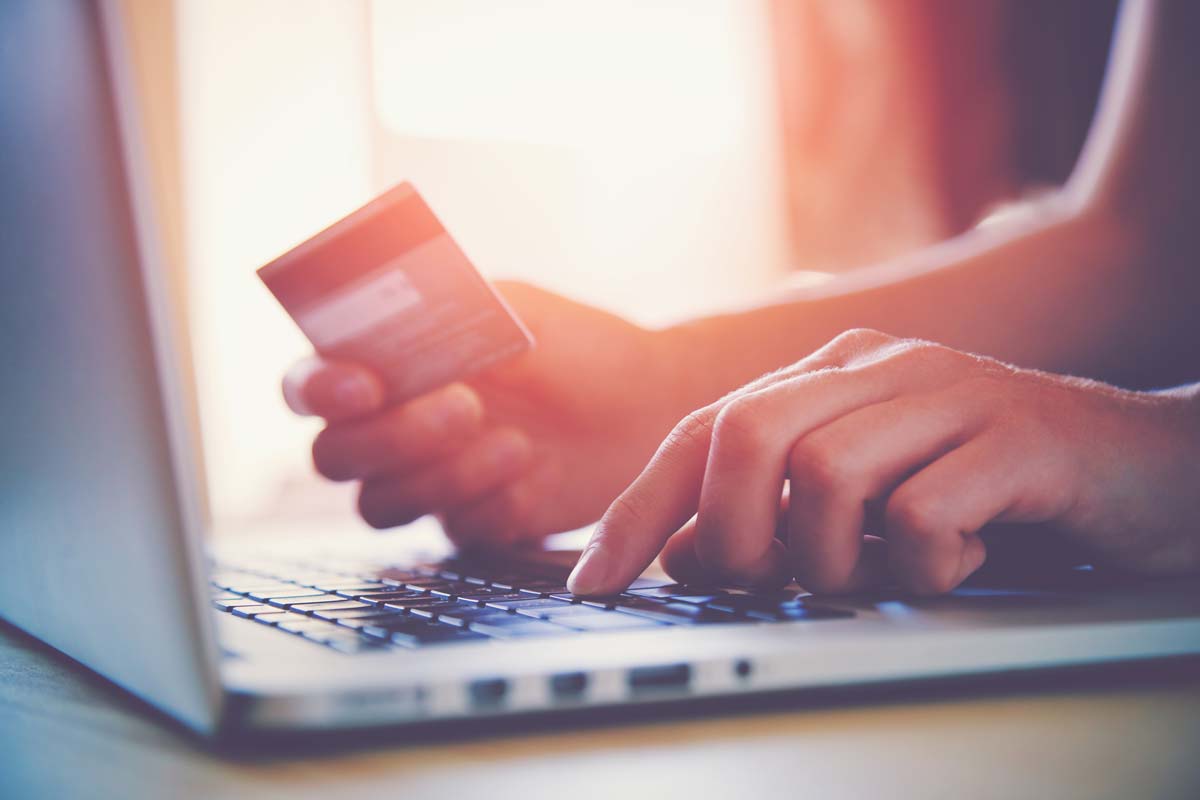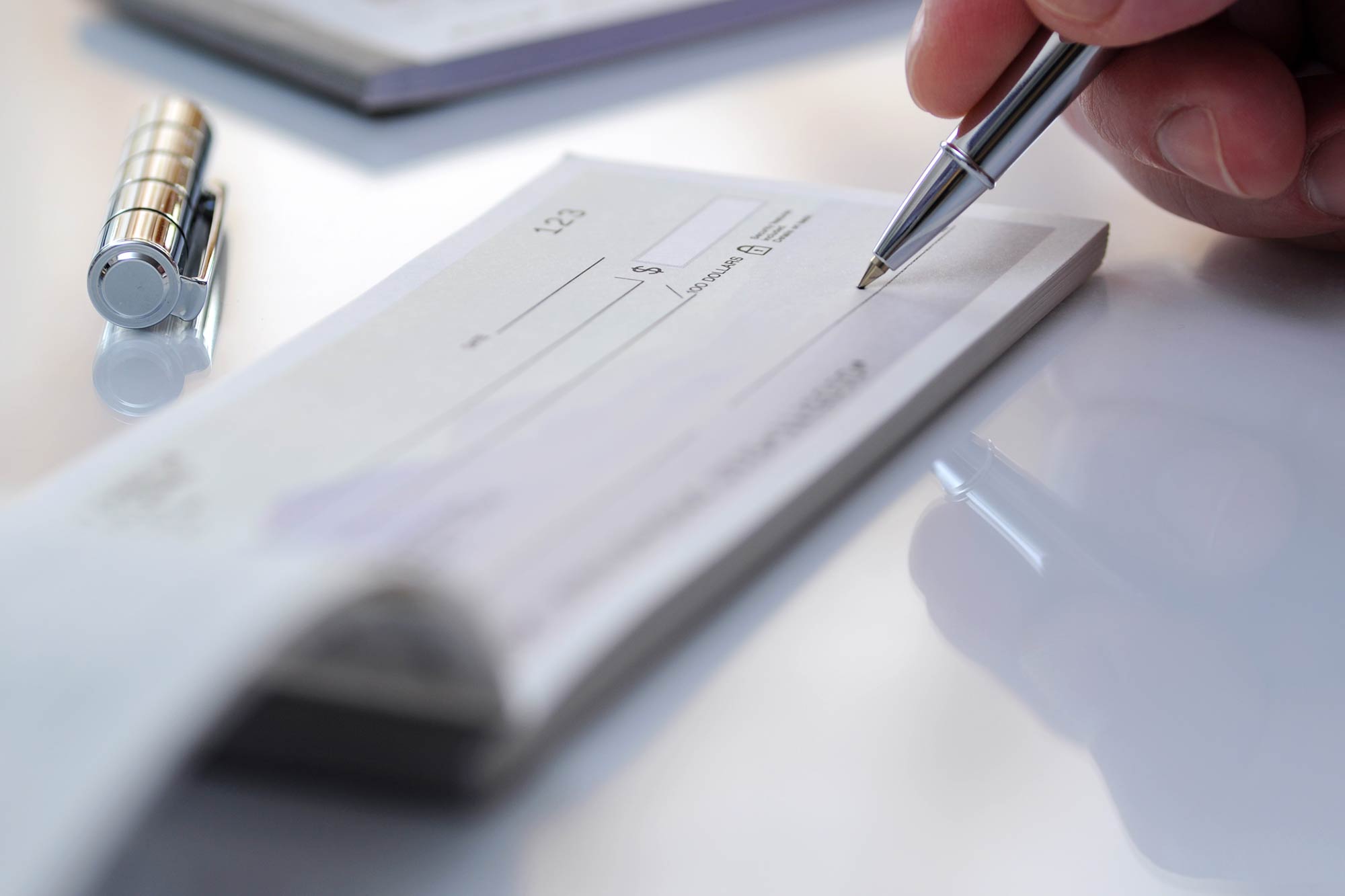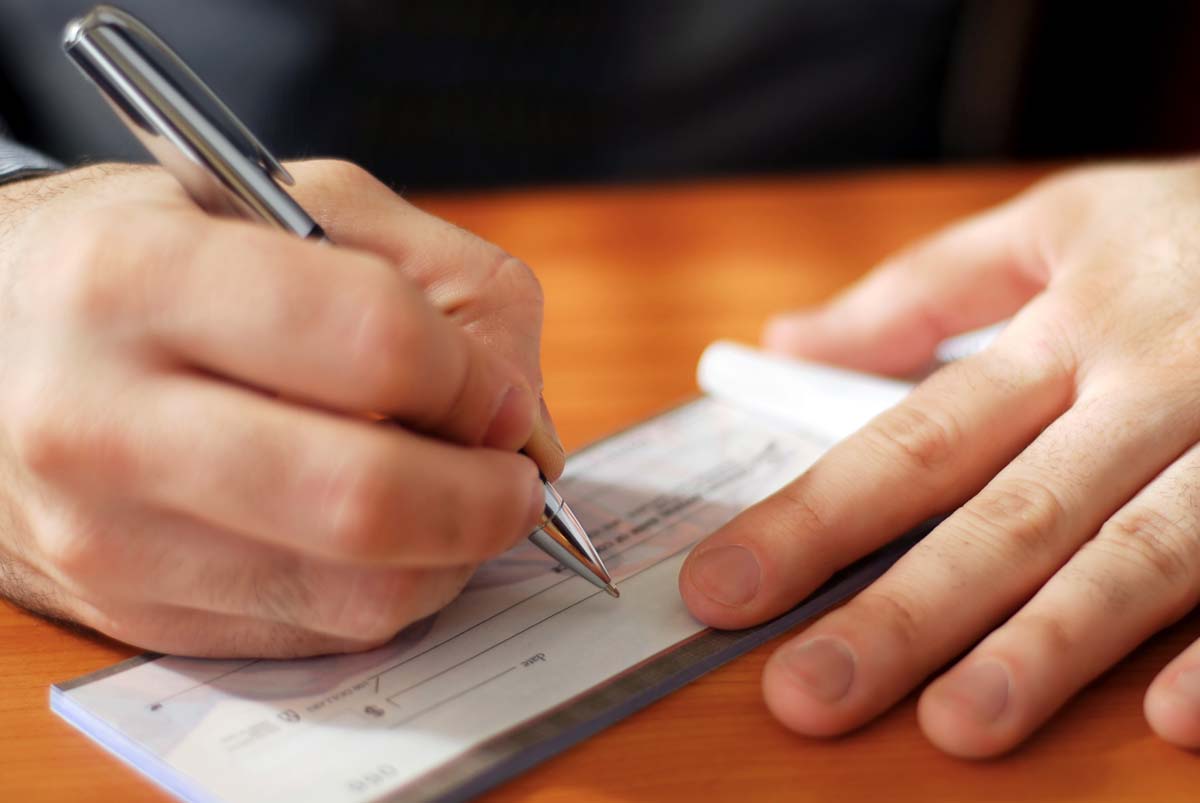You’ve paid off your credit card, now what? First, congratulations on meeting one of your financial goals! Paying off credit card debt is a huge step and can take a lot of work. You’re probably now wondering what you should do next and we’ve got some ideas and tips to help you navigate your next steps.
What Should You Do Next?
Now that you’ve paid off your card, you may be wondering if you should keep the card, close it, or look for a new card with better benefits. It’s all going to depend on what your financial goals are as you move forward.
If you are planning to utilize your card and pay it off each month, it may be time to look for a new card with great rewards. Just be sure that you do pay off that balance so you don’t backtrack on your financial progress. If you're wondering about how many credit cards you should have, we recommend our helpful guide to find what's right for you.
Even if you don’t plan to use the card, having a credit card available for emergency expenses could be a beneficial choice for you. However, if the temptation to build up a balance on your credit card is too strong, you may want to consider closing the card altogether.
What Should Be Done with The Money Budgeted to Pay Off Your Card?
Now that you have one less payment, there are plenty of ways to utilize that money in your budget to keep your financial momentum going. You can use the funds to pay down other debts faster, like putting those payments instead towards your mortgage or auto loan payment, or work on paying down another credit card.
Another option, rather than paying down debt, is to build up your savings. Whether you have a specific savings goal in mind, like a vacation or large purchase, or you want to build up your emergency fund, putting the money you were using to pay off the credit card towards your savings can have a big impact.
What Happens to Your Credit Score?
Paying off debt will impact something called your credit utilization, which is how the credit bureaus monitor how much of your available credit you’re actually using. If you pay off a credit card all at once, you will likely see a noticeable bump in your credit score once that information has been reported to the credit bureaus. If you’ve been slowly paying off the credit card over time, that potential bump in your credit score will also be spread across time rather than all at once.
If you are able to keep your card open, there are a couple of ways that this can help your credit score. Keeping the line of credit of the card open will keep your credit utilization low. Additionally, the age of your card can help keep the average age of your credit higher. Making regular payments is another way that keeping the credit card open can positively impact your score.
How to Prevent Building High Credit Card Balances
Recognizing and adjusting your spending habits can help you avoid building a high credit card balance. To better understand those habits, you can track and review your spending and create a budget to fit your current financial goals. This budget can enable you to pay off your balance each month should you decide to continue to use your credit card. If you do find that you’re struggling to stay within your budget, it could be better to designate your credit card to be used solely for emergencies to avoid a high balance.



